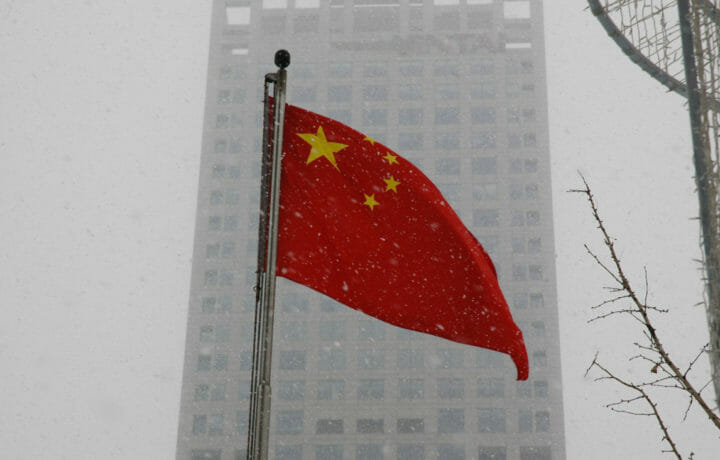The multiyear investigation into the activities of Yen Men Kao reached a culmination on December 3, 1993, when he was arrested by the FBI. In a somewhat bizarre turn of events, as seen through the prism of 2022, Kao was never prosecuted. Instead, those in charge of that decision opted to pursue a different path and filed a complaint for his visa status. An immigration judge, just three weeks after his arrest, declared him to be in violation of his visa and deported him, allowing him, at his request to be deported to Hong Kong instead of China, as he apparently feared he would be punished by his China’s security and intelligence community.
Yen Men Kao
Kao was a restaurateur located in North Carolina, who was arrested trying to obtain and move U.S. controlled technologies surrounding torpedoes and fighter jets for which the PRC had offered him $2 million to China.
The Department of Justice at the time of his arrest noted how Kao “and several other Chinese nationals” had conspired to illegally procure and export classified and embargoed high-technology military items. He was also charged with violating U.S. immigration laws.
The items which Kao targeted were:
- US Navy MK 48 Advanced Capability Torpedo
- F404-400 General Electric jet engines (Navy F/A-18 Hornet)
- Fire-control radar for the F-16 Falcon
In 1999, the three-volume, 931-page, Congressional report, “The Final Report of the Select Committee on U.S. National Security and Military/Commercial Concerns with the Peoples Republic of China,” known as the Cox-Report, highlighted the seriousness of the Chinese threat to U.S. advanced technologies, via a myriad of methodologies. A small section of the wide-ranging and comprehensive report referenced Kao.
Why no prosecution of Kao?
The Los Angeles Times reported in 1993, “Kao was charged with violating a section of the Immigration and Nationality Act that provides for deporting a foreigner involved in any espionage or sabotage activity or seeking to illegally acquire U.S. technology.”
“According to the National Counterintelligence Security Center, a decision was made to deport Kao rather than prosecute in order to protect sensitive sources and methods from being disclosed in court. There was open speculation that the decision was also made to not offend the PRC government.
The special agent in charge of the FBI’s North Carolina division at the time, Joseph P. Schulte Jr. noted, “This protracted investigation yielded a significant amount of counterintelligence information,” including the identities of numerous suspected intelligence operatives and commercial entities involved in Kao’s alleged attempts to illegally acquire U.S. technology.
25+ years later China Still Targeting U.S. aerospace
China has never taken their foot of the gas when it comes to procuring technologies which they either have a desire to assimilate for their own use or to garner knowledge so as to be able to create countermeasures. In addition, the appetite to prosecute Chinese perfidy when their hands are caught in the proverbial cookie-jar has changed.
A recent example of such involves a Chinese intelligence operation where the U.S. orchestrated the arrest and extradition of a Chinese intelligence operative. This is the case of Yanjun Xu, a Chinese intelligence officer who was targeting General Electric aerospace and running an asset who was employed as an engineer in the aerospace sector and was attempting to seed himself (at Chinese intelligence direction) into the U.S. Army. Xu had recruited a source from within GE only to learn when arrested in Belgium that the gig was up. His recruited source had revealed the clandestine relationship to the FBI.
The Department of Justice, together with their Belgium counterparts, arranged for a meeting to occur where Xu was arrested. He was ultimately extradited to the United States, convicted of espionage and ultimately sentenced to 20-years in federal prison. At the time of his sentencing, just a few weeks ago, FBI Director Christopher Wray commented, “This case is just the latest example of the Chinese government’s continued attacks on American economic security – and, by extension, our national security.” Wray continued, “This brazen action shows that the Chinese government will stop at nothing to put our companies out of business to the detriment of U.S. workers.”




